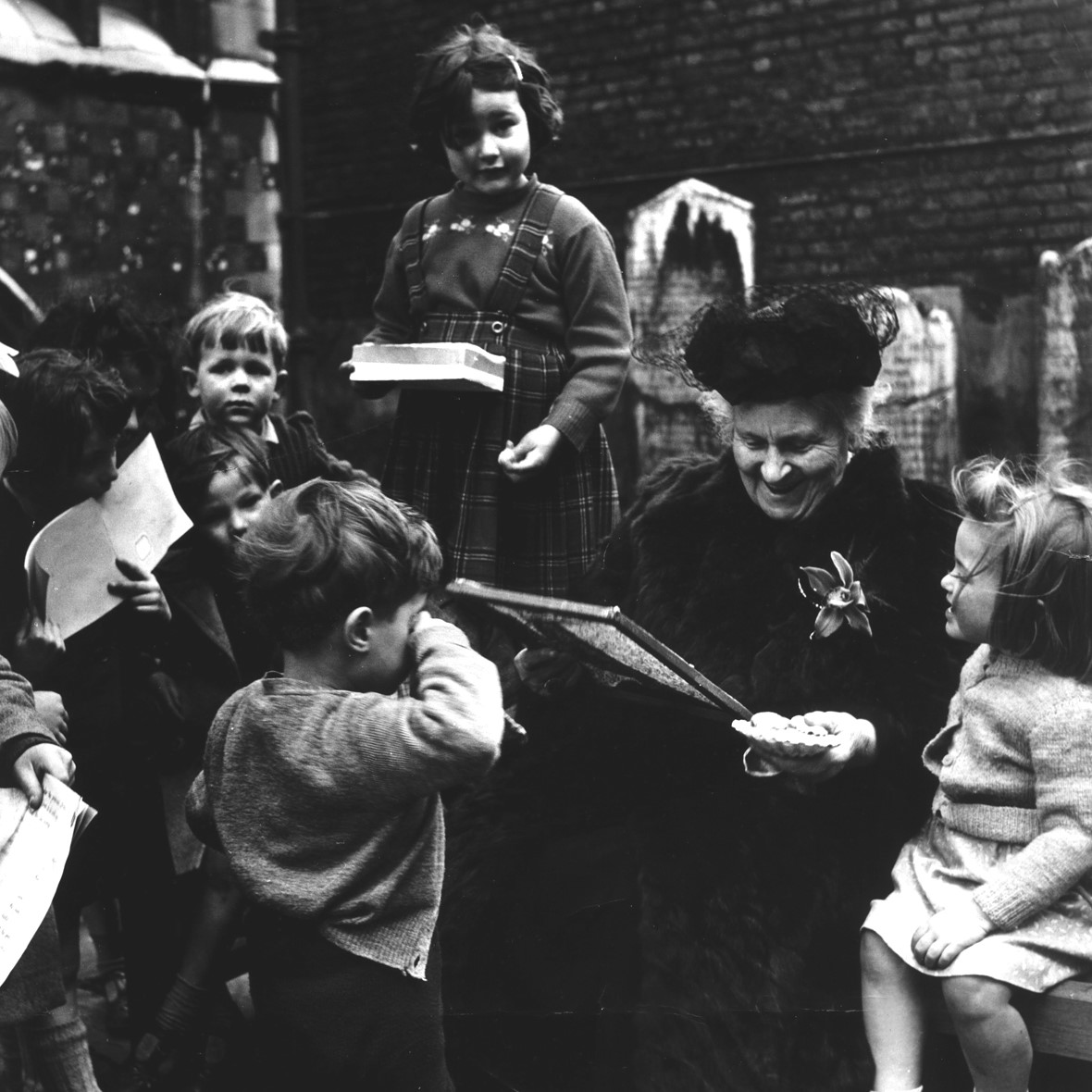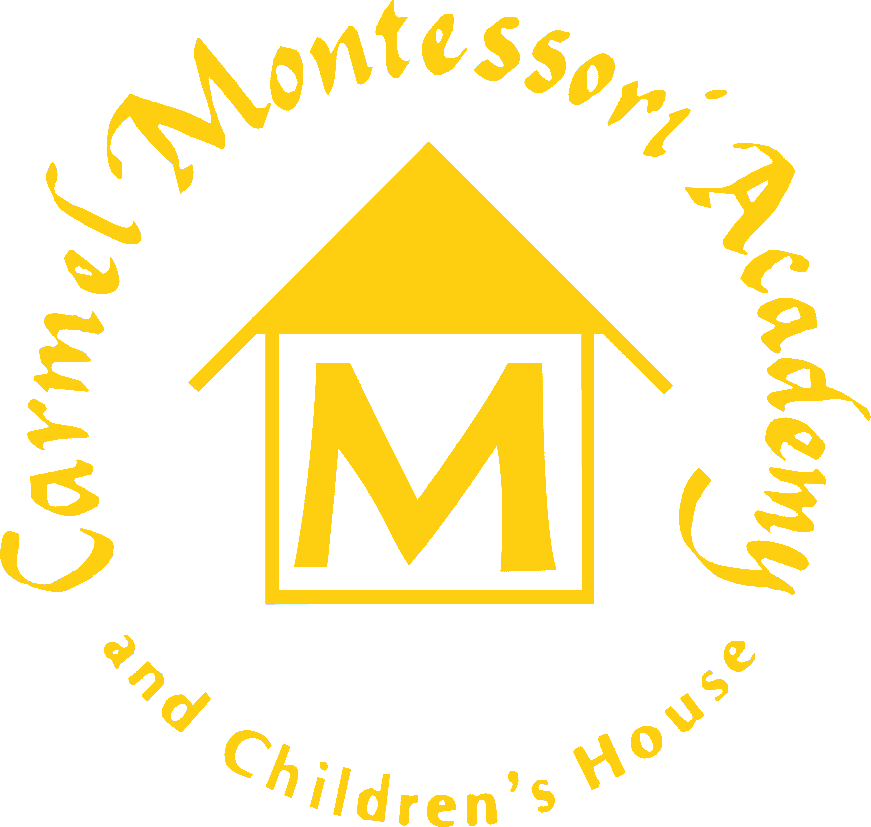
Philosophy
&
Pedagogy
The Goals of Authentic Montessori Education
Carmel Montessori School fosters nine holistic outcomes in its students:
- Independence
- Confidence and Competence
- Autonomy
- Intrinsic Motivation
- Ability to Handle External Authority
- Social Responsibility
- Academic Preparation
- Spiritual Awareness
- Citizens of the World
1. INDEPENDENCE
“No one can be free unless he is independent; therefore, the first, active manifestation of a child’s individual liberty must be so guided that through this activity, he may arrive at independence… in reality, he who is served is limited in his independence… The child’s nature is to aim directly and energetically at functional independence.”
Maria Montessori, The Absorbent Mind, p. 70-83.
An example of this principle is found in the Practical Life curriculum, across age levels. In the child-centered environments of the Toddler and Preprimary classes, children engage in such preparatory activities as dish washing, floor scrubbing, and chair washing, as well as snack and meal preparation activities, hand washing, and animal care.
As the child grows toward a more product-oriented stage of development through the Primary and Elementary classes (age 6-12), she/he builds upon the order and skills acquired earlier. Practical Life activities at this level include a thorough cleaning of the environment, detailed menu selection, price comparison, more intricate food preparation, fabric/yarn projects, laundry and folding, typing, reception, and appropriate barn chores.Through first hand experience with the materials of daily living, the child develops independence and the social responsibility required for living within a community.
At the Erdkinder lever the students participate in advanced consumer education projects, work in animal husbandry and landscaping, construct composting areas, and volunteer in community-based civic projects, to name a few. Strengthened by his/her own independence the student’s Practical Life experience culminates in the Professional Involvement Program in which the student takes part in the operating of a school-based business and finally in the economic community itself.
2. CONFIDENCE & COMPETENCE
“External works are at once the means of attaining internal growth and an indication of it. The two factors are woven together. Work perfects the child interiorly, but a child who is thus perfected also works better, and is fascinated by his progress.”
Maria Montessori, The Discovery of the Child, p. 307.
An example of this principle is found in the Language Curriculum. The initial Toddler and Preprimary language activities are designed to broaden the child’s real experiences (e.g. discussions around the lunch tables; rabbits in their hutches outside the classroom window; a field trip to the botanic gardens) as well as vicarious experiences (e.g. matching cards; classic children’s literature). Sandpaper letters, three-letter phonics drawers, and configuration and context exercises are but a few of the sequential materials available for the child to use again and again until she/he is confident of his/her understanding.
Language materials are continuous from the Preprimary to Primary to Elementary and into the Erdkinder Program. Presentations in the Preprimary are usually verbal, while in Primary and Elementary, in addition to the intellectual/sensorial presentation, materials themselves facilitate the progression toward competence and autonomy in their use and application.
3. AUTONOMY
“The children are so engrossed in their work… the activities of others do not arouse their envy or painful rivalry, nor are they themselves inflated with empty pride… the success of each is the joy and wonder of the rest.”
Maria Montessori, The Discovery of the Child, p. 302-303
4. INTRINSIC MOTIVATION
“We marvel at the patience, constancy, and eager readiness of the children… we are in the presence of individuals who are masters of their own homes.”
Maria Montessori, The Discovery of the Child, p. 303
5. ABILITY TO HANDLE EXTERNAL AUTHORITY
“How can he obey another’s will if he cannot submit to his own will? Obedience is nothing more than a form of spiritual dexterity that presupposes internal equilibrium… Because of his, children must be thoroughly strong beings and must possess spiritual equilibrium in order to be able to obey.”
Maria Montessori, The Child in the Family, p. 65
6. SOCIAL RESPONSIBILITY
“There is only one specimen of each object, and if a piece is in use when another child wants it…important social qualities derive from this. The child comes to see that he must respect the work of others, not because someone has said he must, but because this is a reality that he meets in his daily experience… And since this happens every hour of the day for years, the idea of respecting others, and of waiting one’s turn, becomes an habitual part of life which always grows more mature.”
Maria Montessori, The Absorbent Mind, pp. 223-224
7. ACADEMIC PREPARATION
“In Montessori education, children learn to learn by learning… Academic skills are essential to learning and knowing, not the aim of learning and knowing.”
The Authentic American Montessori School, p. 43
8. SPIRITUAL AWARENESS
"Montessori views the child as a spiritual embryo… The spiritual embryo thrives on spiritual investment…”
The Authentic American Montessori School, p. 45
9. CITIZENS OF THE WORLD
“The developing child not only acquires the faculties of man: strength, intelligence, language; but, at the same time, he adapts the being he is constructing to the conditions of the world about him.”
Maria Montessori, The Absorbent Mind, p. 61

